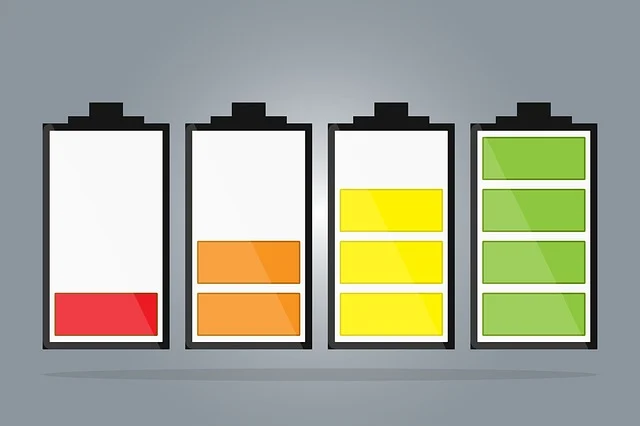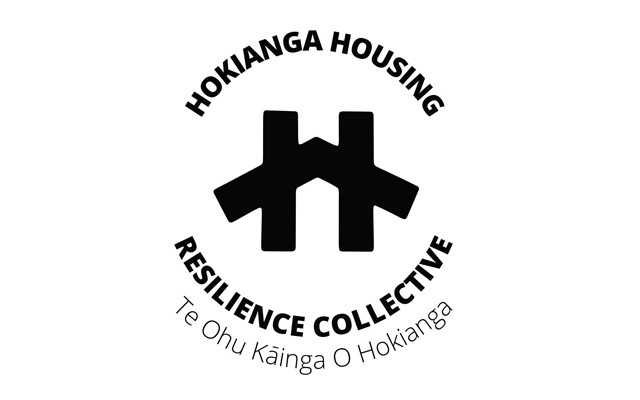Do I need battery storage (BESS)?

This is another one of those “That depends” answers. It depends on what your energy usage profile is like. If you are a typical residential household with 4 people that uses the average ~8000kWh per year of energy, mum and dad work and kids go to school during the day then chances are you should really consider getting battery storage with your solar system. The reasons for this are clear – when the sun is shining and your solar panels are producing energy, you are not using much energy because no one is home. Conversely when the sun is not shining then everyone is home and you are using a lot of energy- expensive energy!
The solution? invest in battery storage so that when the sun is producing ‘free’ energy you can store that energy in a BESS and use it during the hours when energy is typically expensive (the residential load peaks between 7am-11am and 5pm-9pm weekdays). This is referred to as “Self consumption” and it is the most effective way at slashing through those expensive power bills from your utility company.
Even though every situation is different, as a general rule we inform residential clients who are considering switching to solar that with panels and an inverter you are really only going to reduce your power bills by around 20-30% whereas if you add a BESS into the mix you are looking at up to a 70-80% drop (or more) in your monthly bill. This gives you more economic freedom but it also brings the added benefits of resilience in case of a power cut, and being able to do more fancy things like price arbitrage time of use rates or redirect excess power to your hot water cylinder instead of feeding back power to the grid.
For many commercial clients the case for battery storage is often much harder to justify as many businesses are operational during peak sunlight hours or do not have large night time loads. Moreover, in the case of very large commercial clients they often get much cheaper rates for their electricity so justifying investment into a BESS is more difficult to do albeit not impossible.
Our clients










